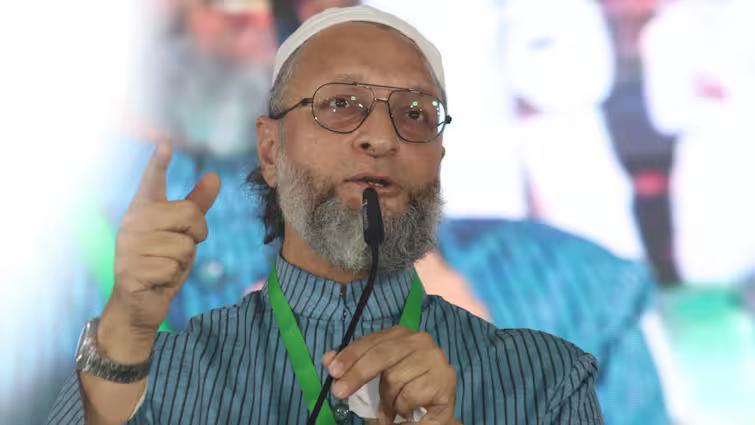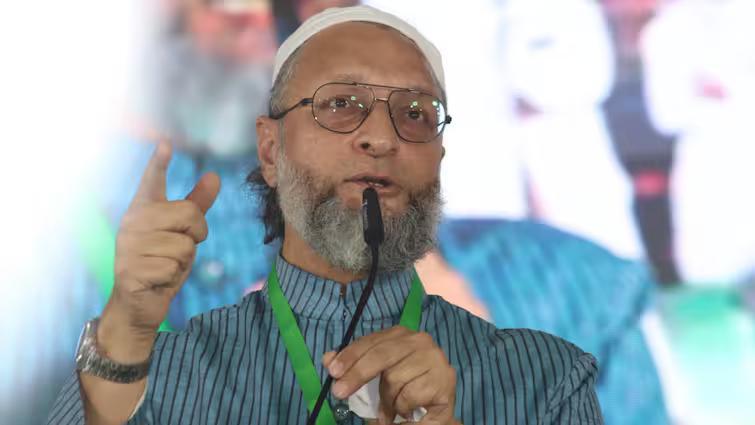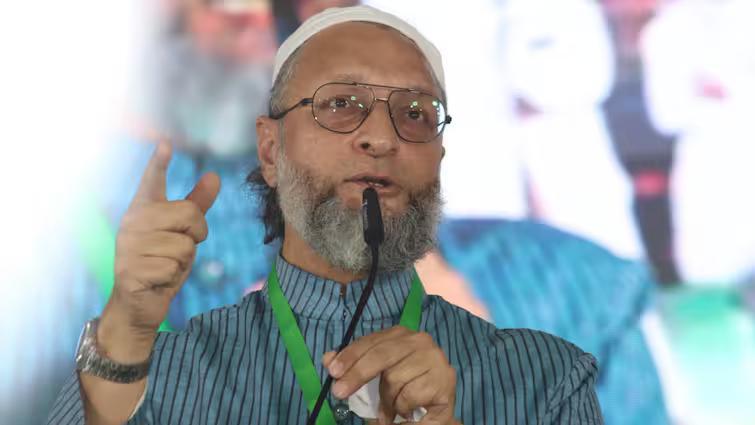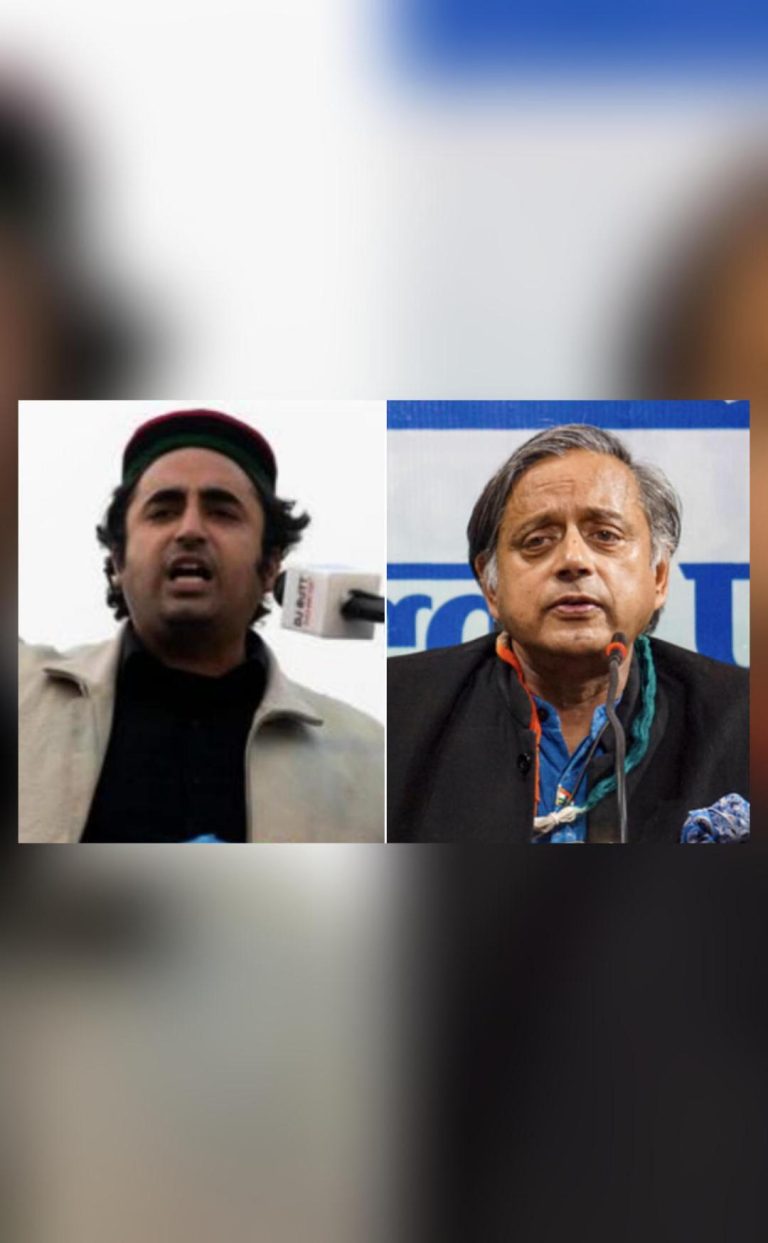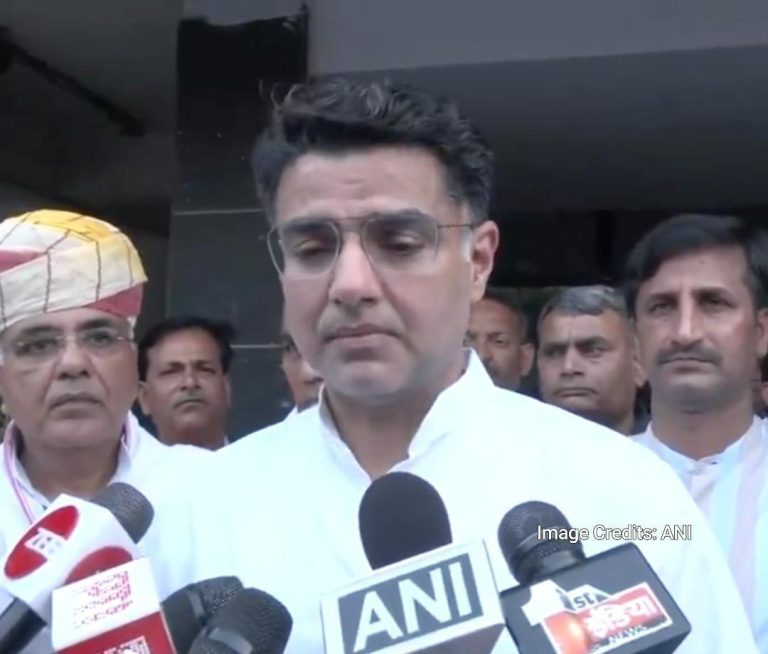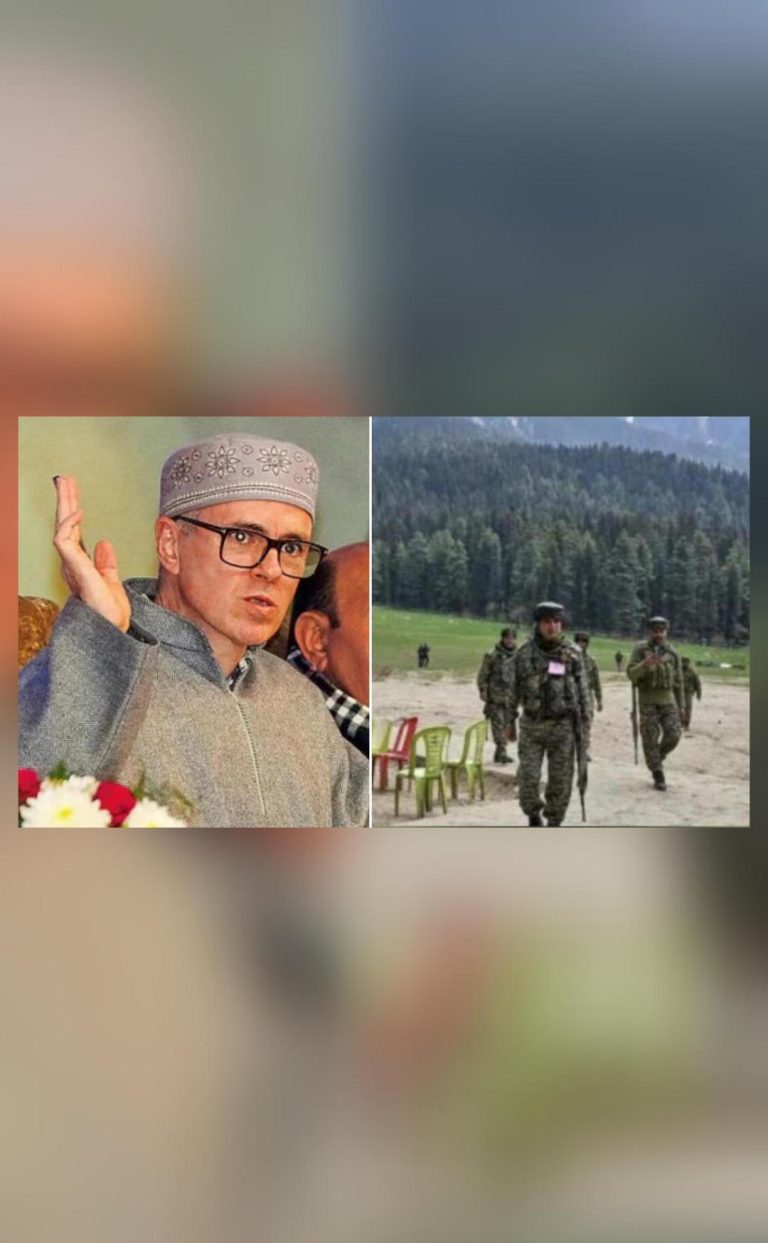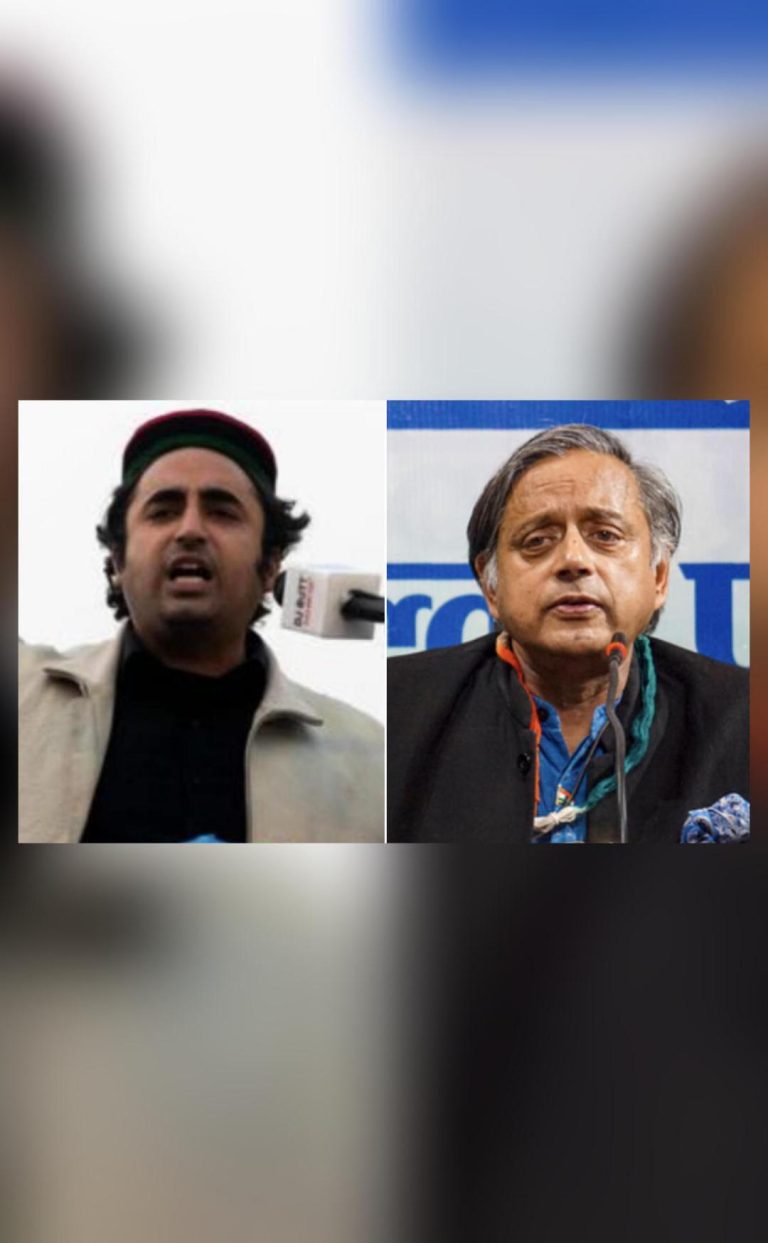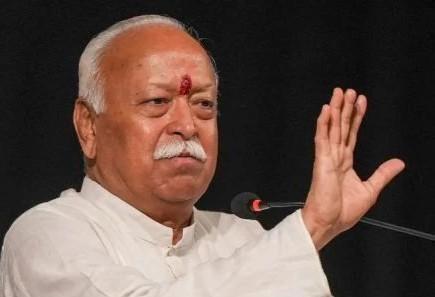
If someone turns to evil then we’ll teach lesson: Bhagwat on J&K attack
The recent terror attack in Pahalgam, Jammu and Kashmir, has left the nation in shock and grief. The attack has claimed the lives of several people and injured many more. In the aftermath of the attack, RSS chief Mohan Bhagwat has made some significant comments that have sparked a debate in the country.
In a video message, Bhagwat said that non-violence is India’s religion, but it is also important to teach a lesson to “oppressors and hooligans”. He emphasized that India never harms or disrespects its neighbors, but if someone is bent on being evil, then there is a need to take action.
“We never harm or disrespect our neighbors, but if someone is bent on being evil, what is the cure? The king’s duty is to protect the people, and he will do his duty,” Bhagwat said.
Bhagwat’s comments have been met with mixed reactions from various quarters. While some have praised him for his bold stance, others have criticized him for seemingly justifying violence.
It is true that non-violence is a fundamental tenet of Indian culture and society. Gandhi’s philosophy of non-violent resistance has inspired movements for civil rights and freedom across the world. However, Bhagwat’s comments also highlight the need to strike a balance between non-violence and self-defense.
In a country like India, where terrorism and extremism are a reality, it is the duty of the state to protect its citizens. The government has a responsibility to ensure the safety and security of its people, and sometimes this may involve taking tough action against those who seek to harm them.
Bhagwat’s comments are not without precedent. In the past, India has taken military action against terrorist groups and countries that have supported terrorism. The country has also responded to cross-border attacks with military force, and has taken steps to enhance its security capabilities.
However, it is also important to recognize that violence and military action are not the only solutions to the problem of terrorism. India needs to work with other countries to address the root causes of terrorism, including poverty, political instability, and social and economic inequality.
India also needs to work towards building a more inclusive and equitable society, where all citizens feel safe and respected. This includes addressing issues such as communal violence, casteism, and gender inequality, which can contribute to a sense of disaffection and alienation among certain sections of society.
In conclusion, while Bhagwat’s comments may have sparked controversy, they also highlight the need for India to strike a balance between non-violence and self-defense. The country needs to work towards building a more inclusive and equitable society, where all citizens feel safe and respected. This requires a multifaceted approach that involves addressing the root causes of terrorism, enhancing security capabilities, and promoting non-violent conflict resolution.
Source: https://youtu.be/SpAKVWl5wII
